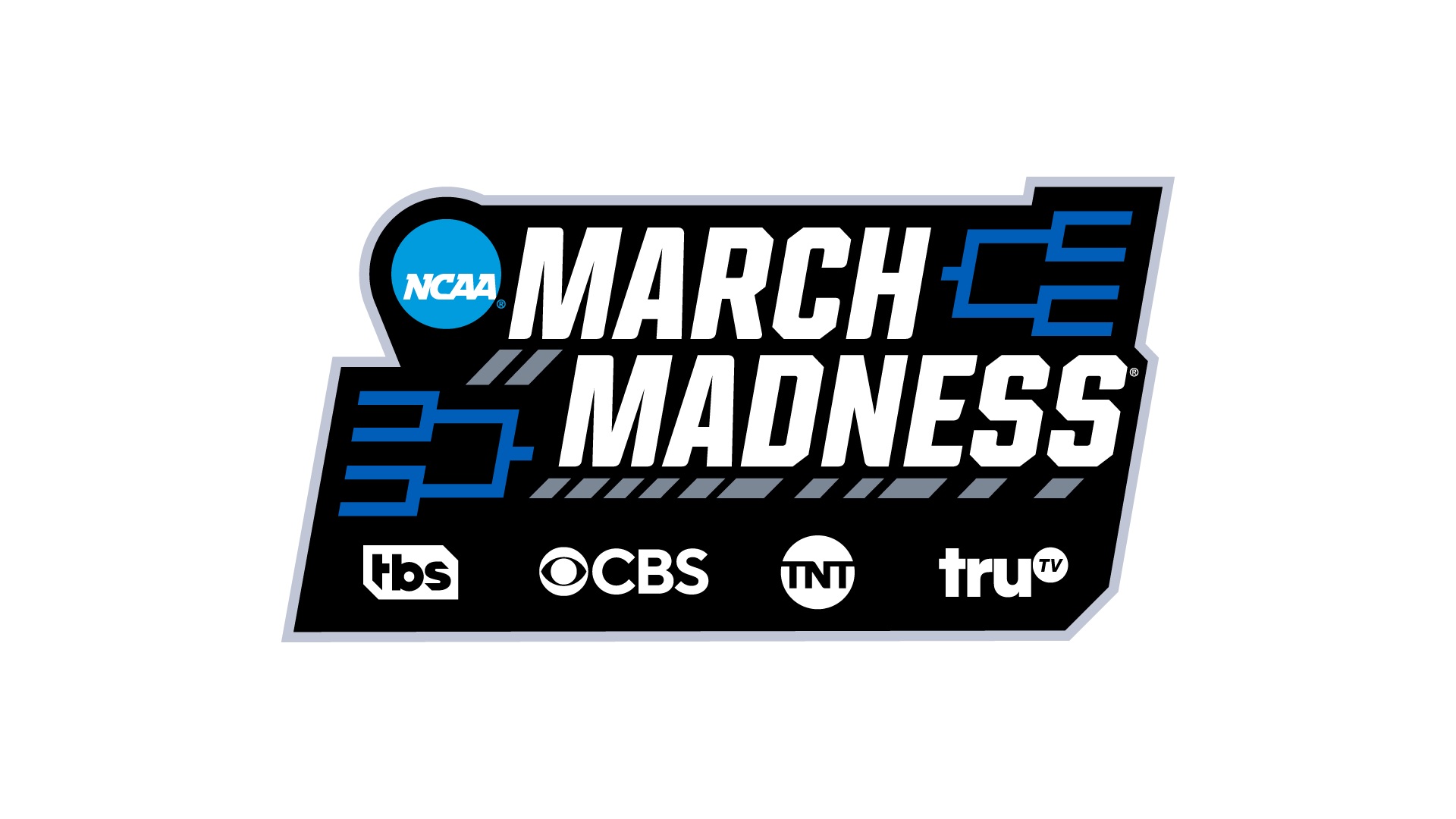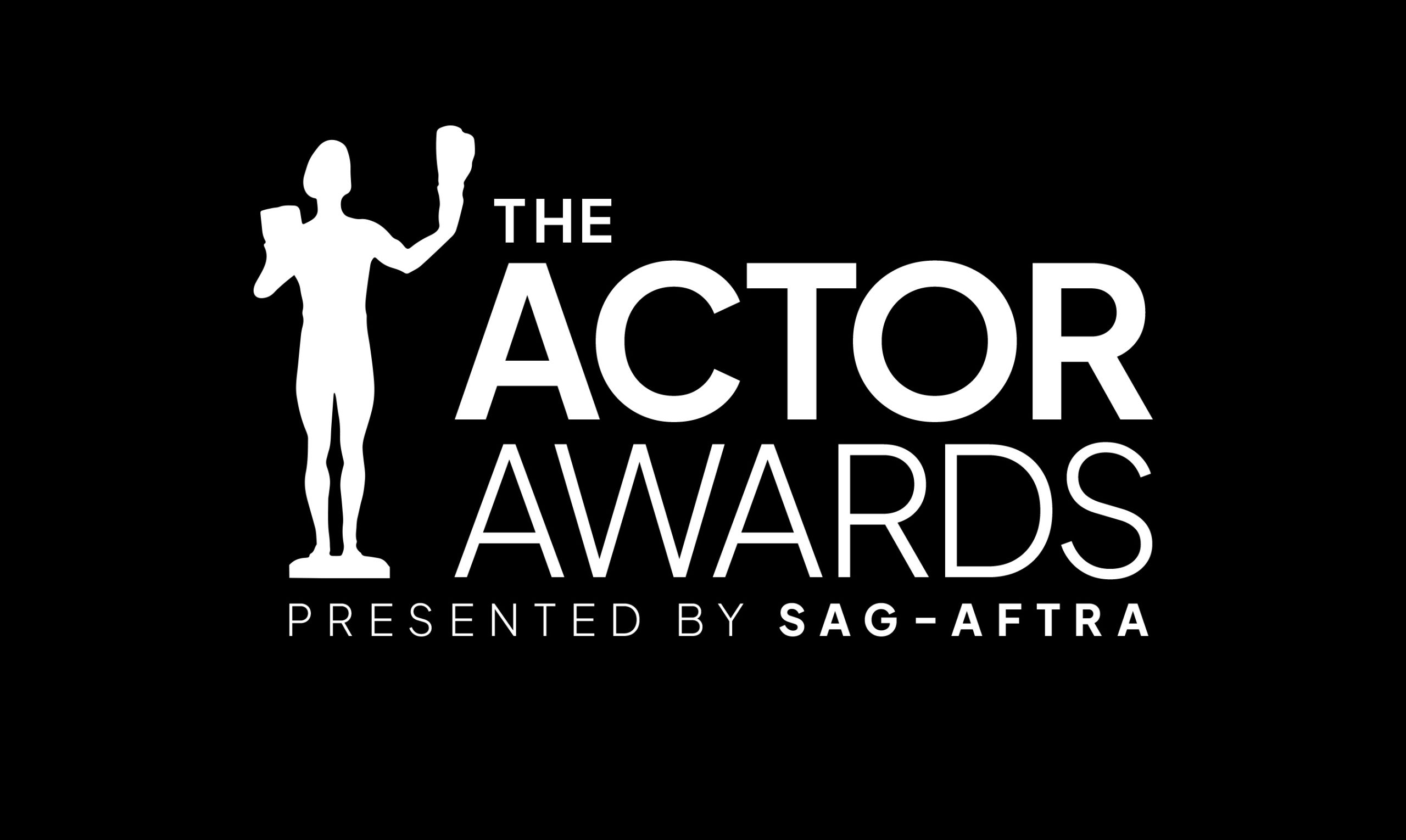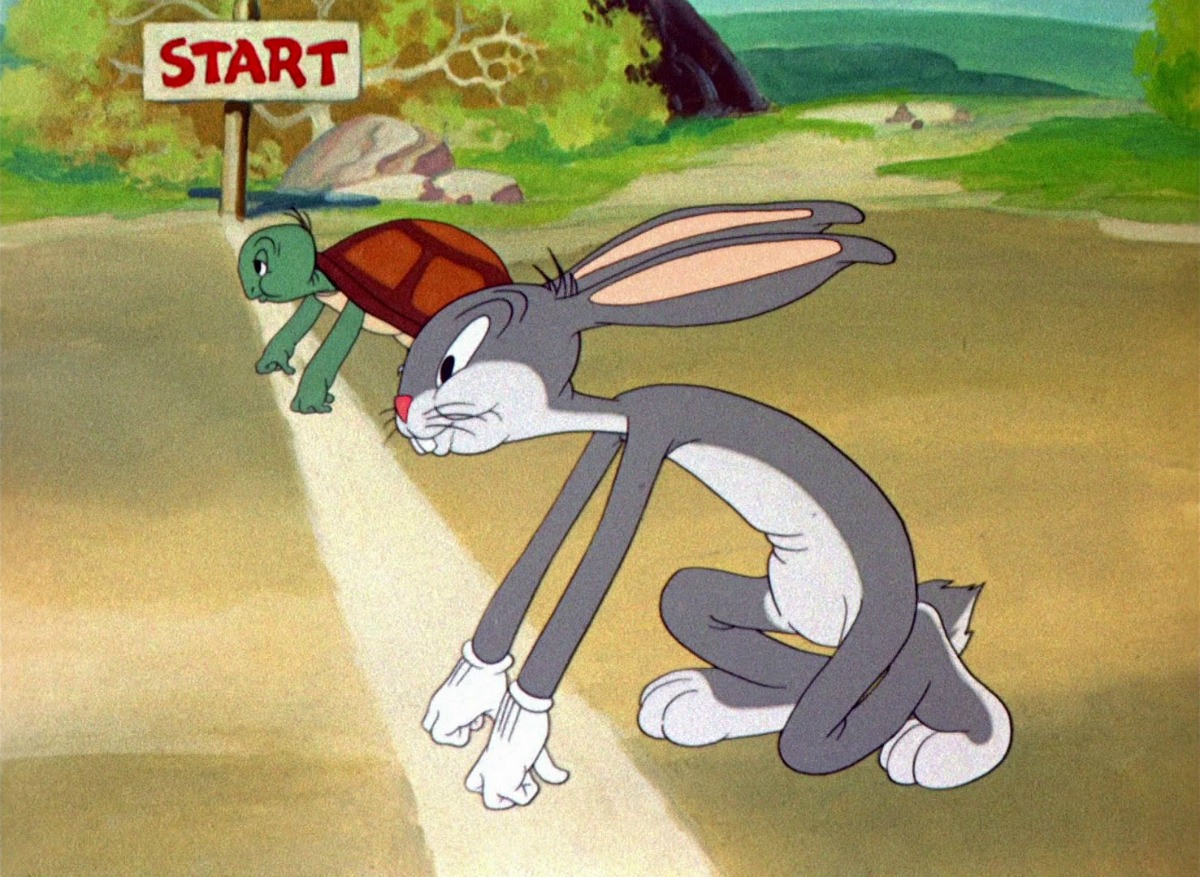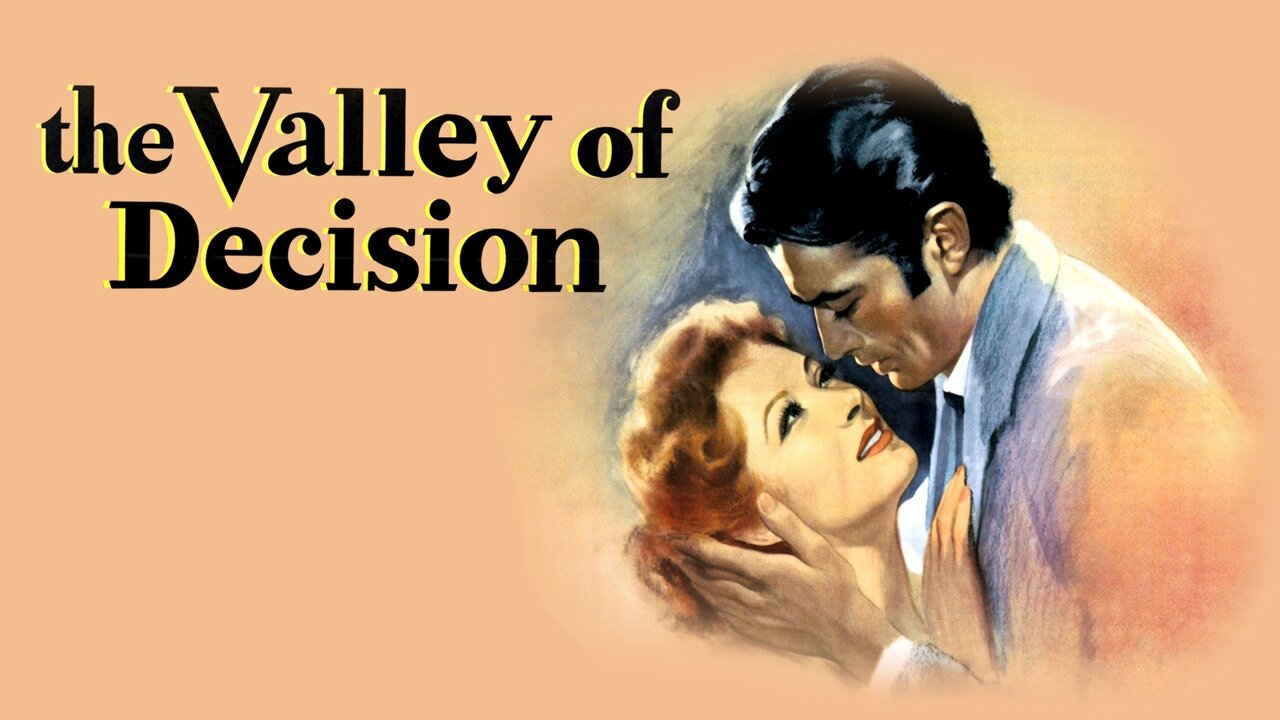
With the way it approaches the emotional struggle for transgender youth and their families, Just Charlie hits really close to home.
Rebekah Began directs the coming-of-age film from a script written by Peter Machen. The film stars Harry Gilby, Scot Williams, and Patricia Potter.
Charlie Lyndsay (Harry Gilby) seems to have it all as the teenage soccer player is destined for a future in professional soccer with clubs at the door for the chance to sign Charlie to a contract. However, Charlie’s future is much different than what Charlie’s parents are hoping for because she’s a transgender girl with the unfortunate luck of being born in the wrong body. She can either be that perfect soccer star that her father so desperately wants her to be or she can live her life the way that she wants to live it.
One of the most important parts of Just Charlie isn’t just watching her own struggle play out but to see how her closest family and friends react to the news. For many of us who come out as transgender, it’s nothing we haven’t seen before because we’ve all been there ourselves. Charlie’s dad, Paul (Scot Williams), is representative of so many of our own parents struggling with our coming out. Her mom, Susan (Patricia Potter), however, comes off as the more supportive parent–no doubt still struggling with it internally but she wants to be there for her daughter.
There’s a sisterly bond between Charlie and her sister, Eve (Elinor Machen-Fortune). It’s great to see just how the dynamics in the relationship change after coming out. For trans woman with siblings, the whole coming out changes a relationship, for better or worse, between siblings and how the filmmakers tackled this is very important. There’s also the friends like Tommy (Travis Blake-Hall).
For the life of me, though, I cannot figure out why Charlie would take a stash of clothing to the woods and put them on there knowing full well of the risk that someone could see her dressed in femme clothing. There was likely a better way to go about the whole clothing stash than running off into the woods but at the same time, there’s the real and horrid fear of a family member finding out, or soccer coach Mick Doyle (Peter Lloyd). The coach soon becomes such an important figure in Charlie’s transition and realizes that there are more important things than football.
It’s only after a wedding and her family struggling to cope that Charlie ends up in the hospital. This is the important moment for trans people and their families–this just got real very fast and you either get on board with emotional support or leave. Charlie needs her family to support her but her dad starts to grow emotionally distant and wants nothing to do with her.
Portraying Charlie is newcomer Harry Gilby to maximum effort. I’m no fan of casting cisgender actors in transgender roles but when the film such as this one takes place so early in a character’s transition (before puberty blockers or hormone replacement therapy), it’s a casting decision in which I’m willing to let it slide. Gilby takes up the challenge and does some next-level acting in displaying both the physical and emotional struggles of the transgender teenager.
The biggest tragedy of Just Charlie is that the film wasn’t able to get a sizable theatrical release and that many of us are likely to discover it through home media. If there was ever a time for such a film, it’s now. We didn’t have movies such as this when I was growing up to help out with the transgender education and awareness. To the filmmakers behind Just Charlie, I say thank you for making a very important film for the transgender media canon.





